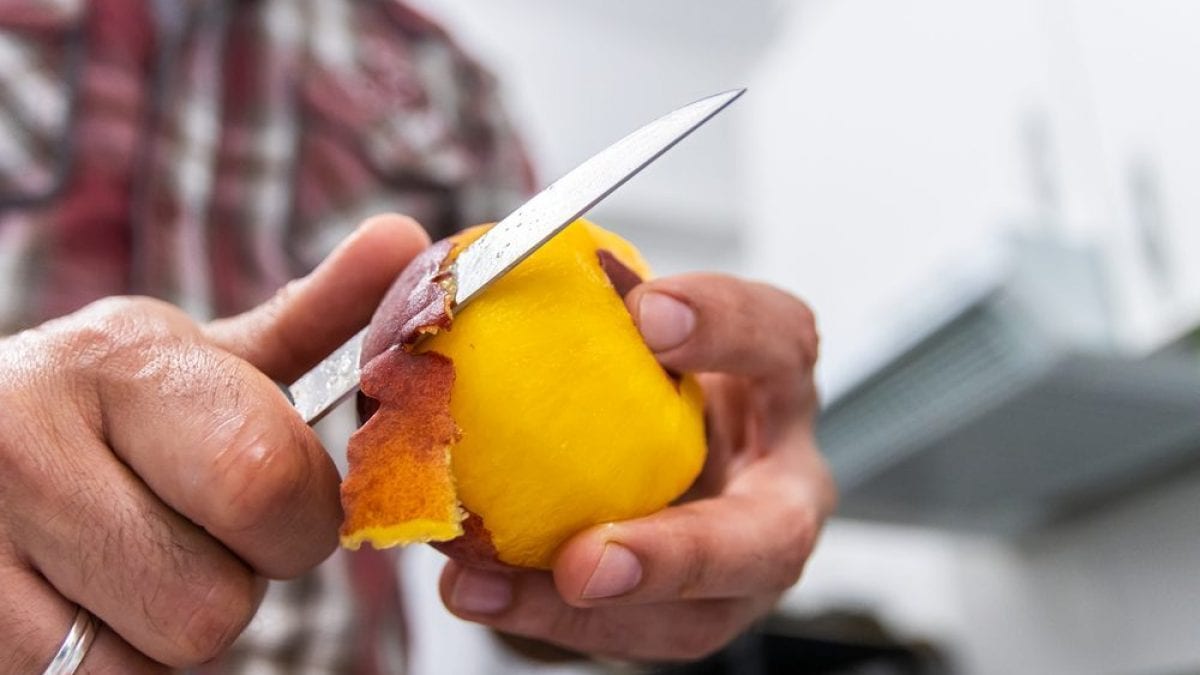
During the summer, fresh fruit becomes one of the most beloved staples on the table: thirst-quenching, colorful, rich in vitamins, and perfect for staving off hunger pangs. It's not uncommon, during this season, to peel it ahead of time to prepare fruit salads or fun finger foods for an evening on the terrace, or simply for convenience, perhaps for a day at the beach, to take with you as a light snack. But a question arises: once cut, how long does fruit last? In reality, it's only a short time, a few hours, but with the right precautions, it can be kept a little longer. Let's see how.
How Long Does Peeled Fruit Last in The Summer?
Once peeled, fruit becomes a much more vulnerable food than it already is. This top layer, which can be thick or thin, edible or not, actually serves a protective function for the pulp, keeping it safe from oxidation, fermentation, and contamination, so much so that it can last up to 7-10 days. In the summer, with the heat, deterioration processes are much faster. In general, peeled fruit should never be left at room temperature for more than two hours, especially if it is very sugary and water-rich varieties (an ideal environment for fermentation) such as bananas, melons, peaches, apricots, or watermelons. For a buffet, place them in the shade, never in direct sunlight, and cover them. The risk is not only that they end up with a mushy and unappetizing texture, but also that it encourages the proliferation of microorganisms and the attack of insects, attracted by the natural sweetness. Without forgetting that the riper the fruit, the less it lasts.

How to Store Peeled Fruit
In the summer (but not only), the best ally we have at home for preserving fresh food is the refrigerator. If the peeled fruit is from the supermarket, pre-packaged, then leave it in its original container, as per the label (usually between 24 and 48 hours). If you need to cut it ahead of time to consume it later, then you need to take some precautions: the ideal is to use airtight containers or well-sealed plastic bags to avoid contact with air, as it could dry out in the refrigerator or be cross-contaminated with other foods if left uncovered. You can also cover it with plastic wrap, but there's a risk that direct contact could accelerate deterioration due to the increased humidity.
If you're planning on making a fruit salad, lemon juice, orange juice, and even pineapple juice can be helpful in slowing down browning, thanks to the citric acid and the lack of added sugar, which attracts water and causes it to leak out. Another option you can consider is freezing, to avoid wasting excess fruit, since most varieties can keep in the freezer for several months: without thawing it, put it in the blender while still frozen and make refreshing smoothies.
;Resize,width=767;)
